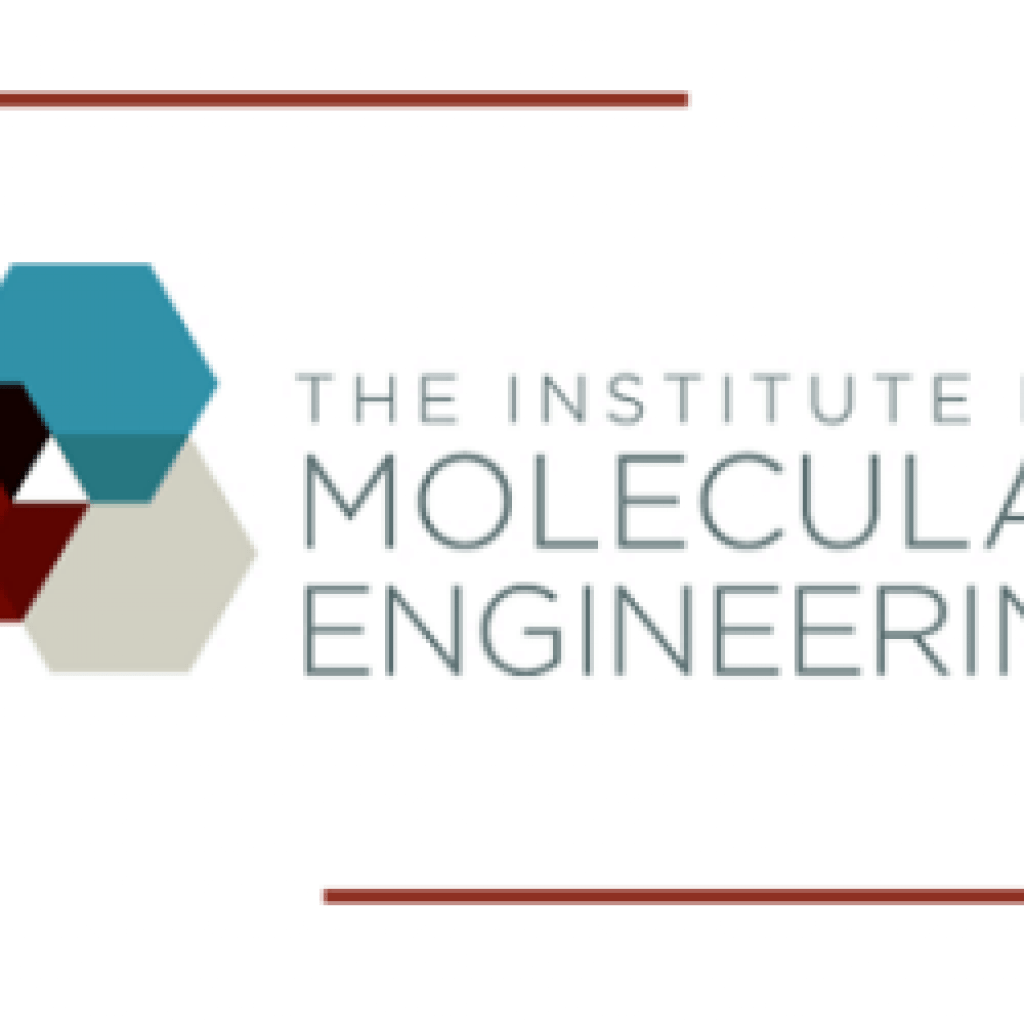(Futurity.org) Two new studies at the Institute for Molecular Engineering at the University of Chicago and Argonne National Laboratory are big steps toward the development of quantum technology. Andrew Cleland, professor of molecular engineering explained, “Both of these are transformative steps forward to quantum communications,”
Cleland’s lab built a system out of superconducting qubits that exchanged quantum information along a track nearly a meter long with extremely strong fidelity—with far higher performance has been previously demonstrated. Cleland’s lab built a system out of superconducting qubits that exchanged quantum information along a track nearly a meter long with extremely strong fidelity—with far higher performance has been previously demonstrated.
The second study shows a way to entangle two superconducting qubits using sound. A challenge for scientists and engineers as they advance quantum technology is to be able to translate quantum signals from one medium to the other. For example, microwave light is perfect for carrying quantum signals around inside chips. “But you can’t send quantum information through the air in microwaves; the signal just gets swamped,” Cleland says. The team built a system that could translate the qubits’ microwave language into acoustic sound and have it travel across the chip—using a receiver at the other end that could do the reverse translation.
Two Studies at Institute for Molecular Engineering Are Big Steps Toward Quantum Technology
